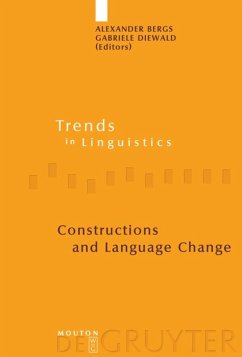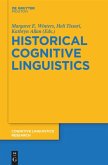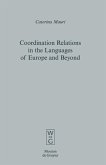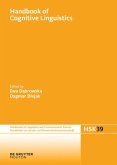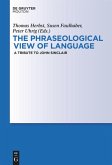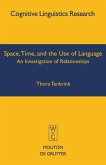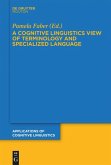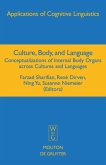Studies in diachronic linguistics increasingly acknowledge that linguistic change is highly context-dependent and somehow tied to constructions as linguistic units. This is the first volume to investigate the role of constructions and the potential of constructional approaches in linguistic change. The contributions in this volume comprise both theoretical and empirical studies, all of which are accessible for a general audience. While some contributions explicitly aim at comparing and unifying concepts from both traditional grammatical theories and recent construction grammar approaches, others offer detailed case studies of exemplary problems from a constructional point of view. The papers offer a cross-linguistic perspective and deal with a number of different language families, ranging from Germanic to Austronesian.
Hinweis: Dieser Artikel kann nur an eine deutsche Lieferadresse ausgeliefert werden.
Hinweis: Dieser Artikel kann nur an eine deutsche Lieferadresse ausgeliefert werden.
"In summary, the volume as a whole focuses on a series of issues pertinent to linguists interested in the specific application of construction grammars (or some general insights on language provided by construction grammars) to patterns of language change, most particularly, though not exclusively, to the related and debated processes of grammaticalization and degrammaticalization. The editors are to be congratulated for providing such a useful and insightful collection of articles. The volume certainly has the potential to stimulate further work in this developing area of historical linguistics research."
Graeme Trousdale in: Language 6/2011
Graeme Trousdale in: Language 6/2011

